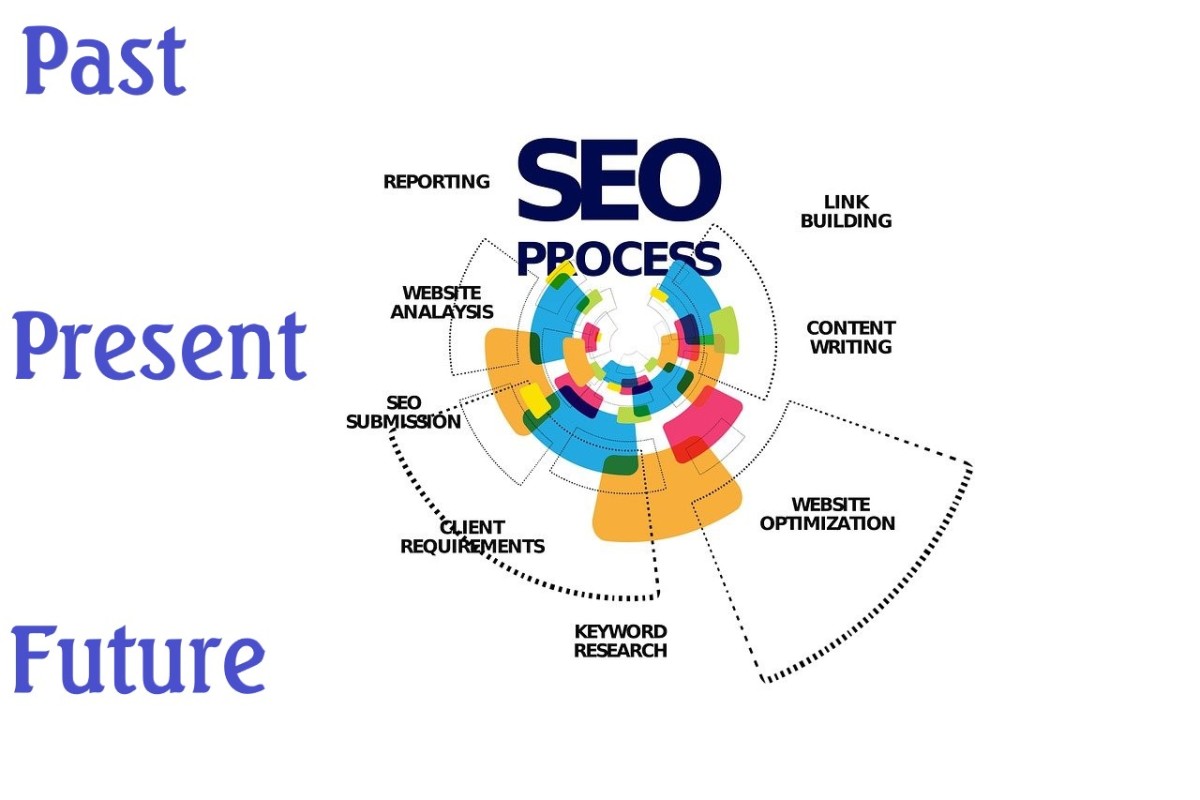- HubPages»
- Business and Employment»
- E-Commerce & How to Make Money Online»
- Search Engine Optimization
Importance Of Keywords In Optimizing Ecommerce Website
Can you guess, what is the importance of keywords in optimizing e-commerce website?
Well, it takes more than just a good idea to create a popular website. For success, the websites need a steady influx of traffic, and this can be accomplished with SEO. Search Engine Optimization (SEO) enables the search engines like Google, Yahoo! and Bing to search the website and rank it on the first page.
It has been found that more than 97% of the population chooses their desired website within the first page. The selection ranges from one to three, and this is the reason that these websites receive a maximum number of audience. The innate purpose of SEO is to rank a website among the top results. This is based on common search phrases that are relevant to the site.
Ecommerce websites or electronic commerce is websites in which buying and selling of services and products are operated over the Internet or other networks. Drawing on the technologies of electronic fund transfer, online transactions, electronic data interchange, Internet marketing, inventory management systems, and automated data collection systems, e-commerce websites also encompass email, mobile, and customer support.
The SEO of electronic commerce websites begin with the search for a particular niche. The importance of Keywords lies here. Since the website contains thousands of pages, it is important to target the exact words that would increase the visibility of the site. The enlisted points talk about methods about how to perform research, and how to implement them for better results.
If you have an e-commerce website based on wordpress cms, then you must install wordpress SEO plugins like Yoast SEO, SEO Framework or premium woo commerce SEO plugin from Yoast.

Researching for Keyword
First popularized by the search engines Infoseek and Alta Vista in 1995, keywords became popular to become one of the Meta elements in SEO. In 1997, the providers of search engines realized that information in the Meta-elements was unreliable and drew users towards spam sites. Stopping support for the meta-elements, in July 2002 Alta Vista withdrew its support. In September 2009, Matt Cutts of Google announced that keywords would not be taken into account anymore.
Searching keywords for websites are important. Popular phrases that are similar to the content of the site is best for the long run. They should not have too much of competition, and the entire SEO façade is built on this step. The trick that is involved here is including keywords that the audience would actually think for. The phrase should be unique, and if the e-commerce website sells something related to tires, Search Engine Optimization Specialist can use something like the “Michelin X Coach XZ,” which would probably have lesser competition.
Increased Search= Increased competition
If the keyword for which you are trying to rank has high monthly searches volume then most probably, it will have great keyword difficulty, and so it will be harder to rank. It is the reason that when searching for the relevant niche it is important to use tools that would give the total globalized monthly searches and competition present for the particular topic. Phrases or words that have low competition and higher global monthly searches are perfect for the website. The Google Adwords suggestion Keyword Tool will provide a list of all similar phrases. You can also use other tools like the Alexa Search.
Analytics and Yahoo! Answers would help in identifying the relevant phrases to the e-commerce website. Referring to competitor’s website and considering the requirements of the consumer, the keywords can be finalized.
Importance of Keyword Mapping
Ecommerce websites usually have multiple pages and different content in each of them. This is where Keyword Mapping comes into play. Crucial for on-site SEO, it is important to assign relevant meta words to each page so the website encompasses the phrases that are needed.
When single keyword is focused in the entire website, there’s an increased chance of search engines ranking the word.
Where to use meta words?
After the keywords have been decided, the next step is on-site SEO. With the hundreds of pages in the website, it is important to add the keyword in places wherein the search engines would look for. Mostly they are used in the following pages:
- URL: The ecommerce URL usually do not contain the keywords but contain product ID or numbers. The optimized website would include relevant keyword (related to the page) in the URL.
- Title Tag: Since each page has a Meta Title, keywords should be included at the beginning of the page.
- Body Content: The body content should be relevant and not be sprawling with keywords. Including a concise content that includes short description about the page is desired.
- H1 and H2 Tags: They are on-page heading of the web pages and they correspond to the CSS or cascading style sheets. The keyword should always be included here.
- Images: Products usually come with an image. The keyword can be included in the text.
Utilizing keyword in off-page optimization
There are two places where keywords are used. One is in “link building” and the other in content marketing.
Link Building: Link building can be defined as the accruing of links to build an online reputation. Keywords are needed to find the relevant sites and to bid for them, which would bring about ranking of the webpage.
Content Marketing: Target Keywords are used in content marketing. Content marketing incorporates the marketing strategies that include the sharing of content in the form of articles, blogs, press releases, social media, videos etc.
Keyword is an integral part of SEO. Depending on the selection of these words, or phrases, the success of SEO will depend.








